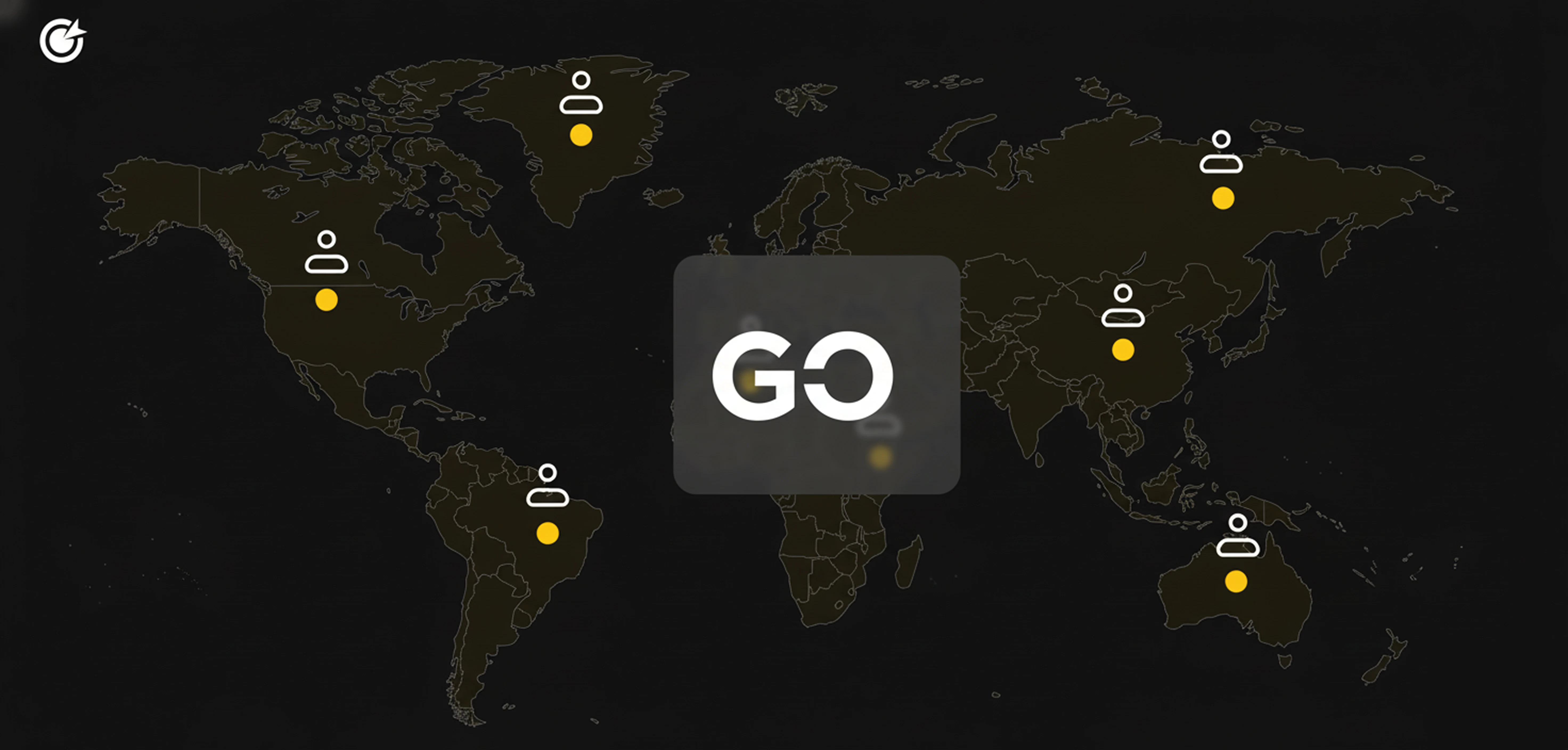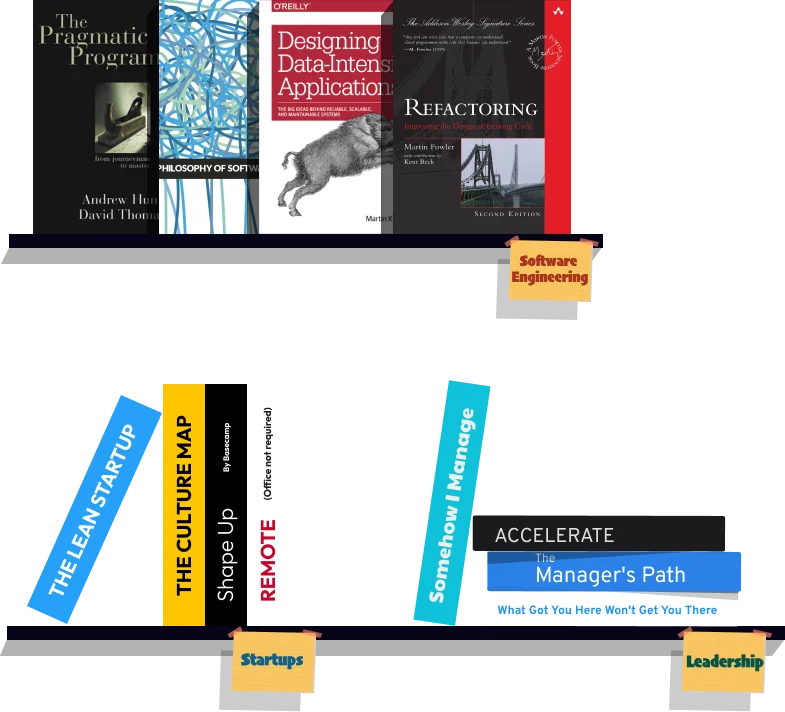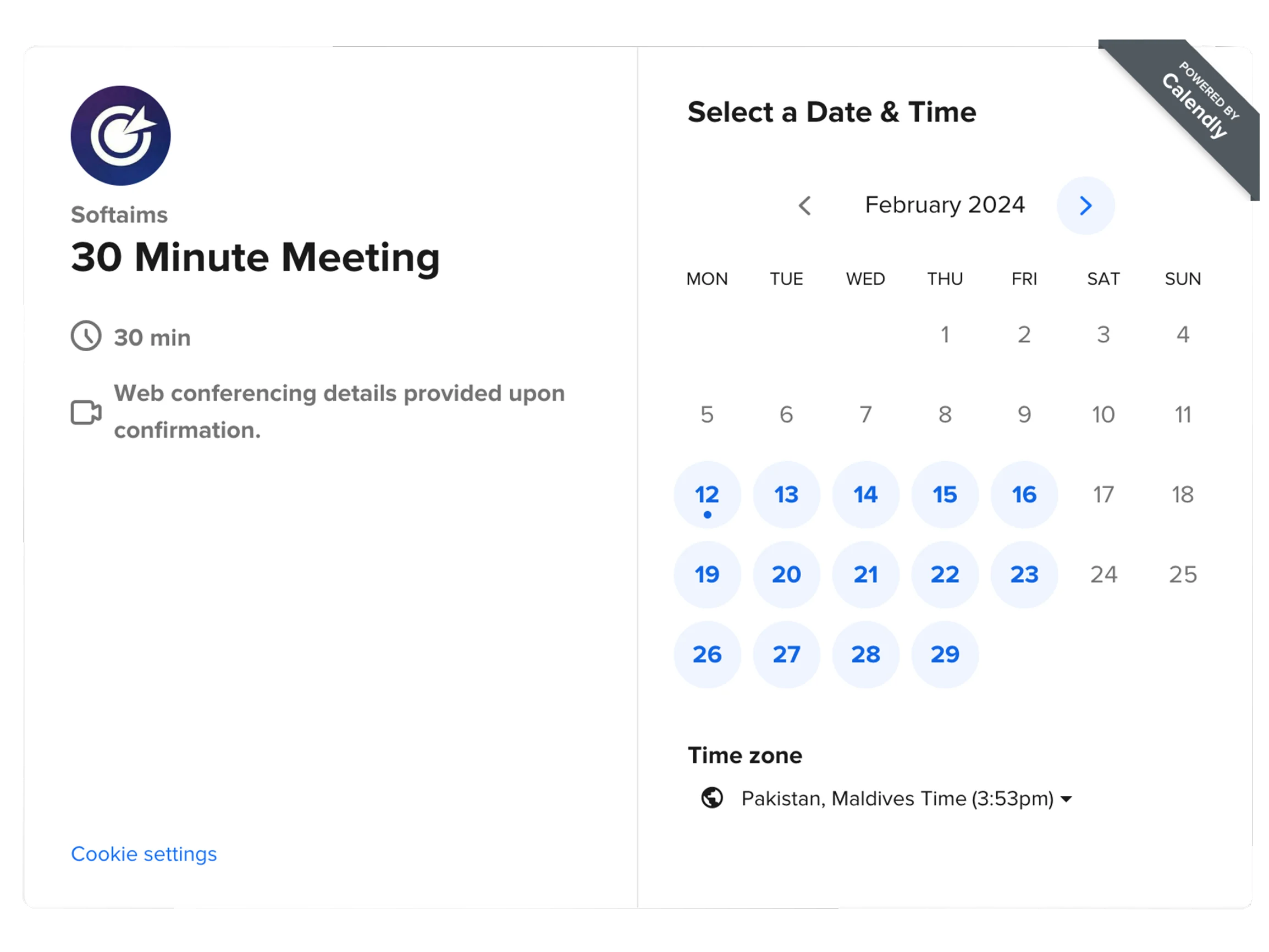The Efficiency and Performance of a Golang Developer
A Golang (or Go) developer specializes in building simple, reliable, and highly efficient software. Created by Google, Go is a statically typed, compiled language known for its exceptional performance, straightforward syntax, and powerful concurrency model. Go developers are typically tasked with building backend services, APIs, command-line tools, and cloud-native applications.

Hiring for this role means bringing in an engineer who values performance and pragmatism. Their ability to write code that is easy to read, compile to a single binary, and handle massive amounts of concurrent traffic makes them ideal for building the robust and scalable systems that power modern cloud infrastructure.
Core Language Fundamentals
A proficient Go developer must have a deep and idiomatic understanding of the language's core features. This includes a solid grasp of its static typing system, the use of structs to define custom data types, and the power of interfaces for creating flexible, decoupled code. They must be experts in managing control flow and handling errors the "Go way," using the explicit if err != nil pattern.
Unlike developers in many other languages, a strong Go developer appreciates simplicity and avoids unnecessary complexity. Their code should be clear, concise, and easy for other developers to understand and maintain, reflecting the core philosophy of the language itself.
Mastery of Concurrency
Concurrency is Go's most celebrated feature, and a top-tier developer must have mastered it. This requires a deep, practical understanding of goroutines for lightweight, concurrent execution and channels for safe communication and synchronization between them. They must know how to build systems that can perform thousands of operations simultaneously without complexity.
Candidates should be able to explain concepts like buffered vs. unbuffered channels and the select statement for handling multiple channel operations. This expertise is what allows them to build highly scalable, high-performance applications like network servers and data processing pipelines that take full advantage of modern multi-core processors.
The Standard Library
Go is renowned for its comprehensive and powerful standard library, and a skilled developer will leverage it extensively. They should have hands-on experience with core packages like net/http for building robust web servers and clients, encoding/json for handling JSON data with ease, and the fmt package for formatting and printing.
A developer who is deeply familiar with the standard library can often solve complex problems without needing to reach for third-party dependencies. This leads to more secure, stable, and maintainable applications with fewer external points of failure, which is a hallmark of professional Go development.
Building Web Services and APIs
A primary use case for Go is building fast and scalable backend APIs. A developer must be skilled at using the net/http package to create production-ready web services. They should be able to handle routing, process requests, write responses, and implement middleware for concerns like logging and authentication.
While the standard library is powerful, many projects use third-party routing libraries for convenience. Experience with popular routers like gorilla/mux or chi is a strong plus, as it demonstrates an understanding of the broader Go ecosystem and common patterns for structuring a web application.
Database Interaction
Backend applications almost always need to communicate with a database. A Go developer must be proficient with the built-in database/sql package, which provides a standard interface for working with SQL databases. They should also have experience using the appropriate drivers for databases like PostgreSQL or MySQL.
They need to know how to handle connection pools, execute queries, and manage transactions securely to prevent vulnerabilities like SQL injection. While large ORMs are less common in the Go community than in other ecosystems, familiarity with a library like GORM or SQLC can be beneficial.
Testing in Go
Go has a strong culture of testing, with excellent support built directly into the language and its tooling. A professional developer must be committed to writing comprehensive tests. This includes using the standard testing package to write unit tests, integration tests, and even benchmark tests to measure performance.
A candidate should be able to demonstrate their testing workflow, from writing a simple test function like func TestMyFunction(t *testing.T) { ... } to using test tables for covering multiple cases. This disciplined approach is essential for building reliable, production-grade software.
Tooling and The Go Ecosystem
The Go ecosystem is known for its exceptional and opinionated tooling, which promotes consistency and best practices. A skilled developer will be an expert user of these tools. This includes using go fmt to automatically format code, go vet to identify suspicious constructs, and Go Modules for managing project dependencies.
This fluency with the standard toolchain ensures a productive and consistent development experience across a team. It's a fundamental part of what makes working with Go so efficient, and any serious candidate should have it ingrained in their daily workflow.
Containerization and Cloud-Native Development
Go is often called "the language of the cloud," and for good reason. Its ability to compile to a single, small, statically-linked binary makes it perfect for containerization. A developer should have hands-on experience building lightweight container images with Docker for their Go applications.
This expertise is critical for cloud-native development, especially in the context of microservices. Familiarity with deploying applications to a major cloud provider like AWS, Google Cloud, or Azure, and experience with orchestrators like Kubernetes, are highly sought-after skills that demonstrate a candidate's readiness for modern infrastructure.
Cross-Platform Compilation
One of Go's most powerful and practical features is its ability to cross-compile code for different operating systems and architectures with incredible ease. A knowledgeable developer understands how to leverage this to produce a single, self-contained executable file for Windows, macOS, or Linux directly from their development machine.
This dramatically simplifies the deployment process, as there are no dependencies or runtimes to install on the target server—you simply copy and run the binary. This skill is particularly valuable for creating command-line tools and applications that need to be distributed widely.
How Much Does It Cost to Hire a Golang Developer
The cost to hire a Golang developer is typically high, reflecting the strong demand for their skills in building high-performance systems and the relatively smaller talent pool compared to languages like Python or JavaScript. The key factors influencing salary are geographic location, years of experience, and specialization in areas like distributed systems or DevOps.
Tech hubs in North America and Western Europe lead in salary expectations. The table below provides an estimated average annual salary for a mid-level Golang developer, illustrating the global variations.
| Country |
Average Annual Salary (USD) |
| United States |
$145,000 |
| Switzerland |
$135,000 |
| United Kingdom |
$95,000 |
| Germany |
$90,000 |
| Canada |
$115,000 |
| Poland |
$65,000 |
| Ukraine |
$60,000 |
| India |
$45,000 |
| Brazil |
$55,000 |
| Singapore |
$85,000 |
When to Hire Dedicated Golang Developers Versus Freelance Golang Developers
Hiring a dedicated, full-time Golang developer is the right choice for building core infrastructure and long-term, high-performance systems. If you are developing the backbone of your business—such as a critical API, a data processing pipeline, or a distributed system—you need a dedicated engineer who can take deep ownership and ensure long-term stability and scalability.
Hiring a freelance Golang developer is a more tactical approach, ideal for specific, well-scoped projects. This is perfect for building a single microservice, creating a command-line tool, or getting expert help to optimize a performance bottleneck in your existing system. Freelancers offer the flexibility and specialized skills needed to solve a particular problem efficiently.
Why Do Companies Hire Golang Developers
Companies hire Golang developers primarily for performance and concurrency. Go applications run at speeds close to C or C++, making them perfect for performance-critical services. The language's built-in support for concurrency via goroutines and channels allows developers to easily build systems that can handle tens of thousands of simultaneous connections, which is essential for modern APIs and microservices.
Another major reason is simplicity and maintainability. Go has a small, simple syntax that is quick for new developers to learn, leading to faster onboarding and more productive teams. This simplicity, combined with its static typing and excellent tooling, results in code that is clean, readable, and highly maintainable, reducing the long-term cost of ownership for a software project.
In conclusion, hiring a top-tier Golang developer requires finding a pragmatic engineer who has a deep mastery of the language's core principles of simplicity, performance, and concurrency. The ideal candidate will combine their expertise in Go's standard library and tooling with a disciplined approach to testing, a solid understanding of database interactions, and practical experience in modern cloud-native deployment. By prioritizing these skills, companies can build powerful teams capable of creating the fast, reliable, and highly scalable backend systems that today's world demands.



































